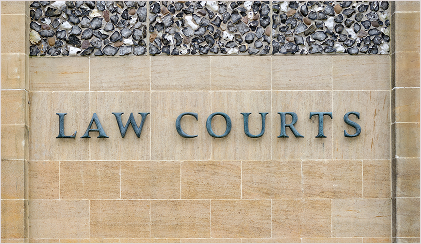An immigration appeal enables you to legally challenge a decision of the Home Office that you believe is wrong or unfair. This could involve refusal to give a visa, revocation of one's immigration status, or other matters related to immigration rights. A UK immigration appeal can be lodged with the First-tier Tribunal (Immigration and Asylum Chamber). This is a specialist court that deals with specific types of immigration and asylum applications. This tribunal acts independently and assesses whether or not the Home Office indeed made the correct decision under the law.
Normally, appeals are framed in terms of asylum, human rights protection claims, or under decisions of the EU Settlement Scheme. However, not all decisions of the Home Office come with the right to appeal. These rights are usually given in cases where such an appeal affects fundamental rights regarding one's entitlement in matters such as family life or protection from harm.
If your case is eligible, appealing gives you a fair chance to present your case and seek a lawful and just outcome.









